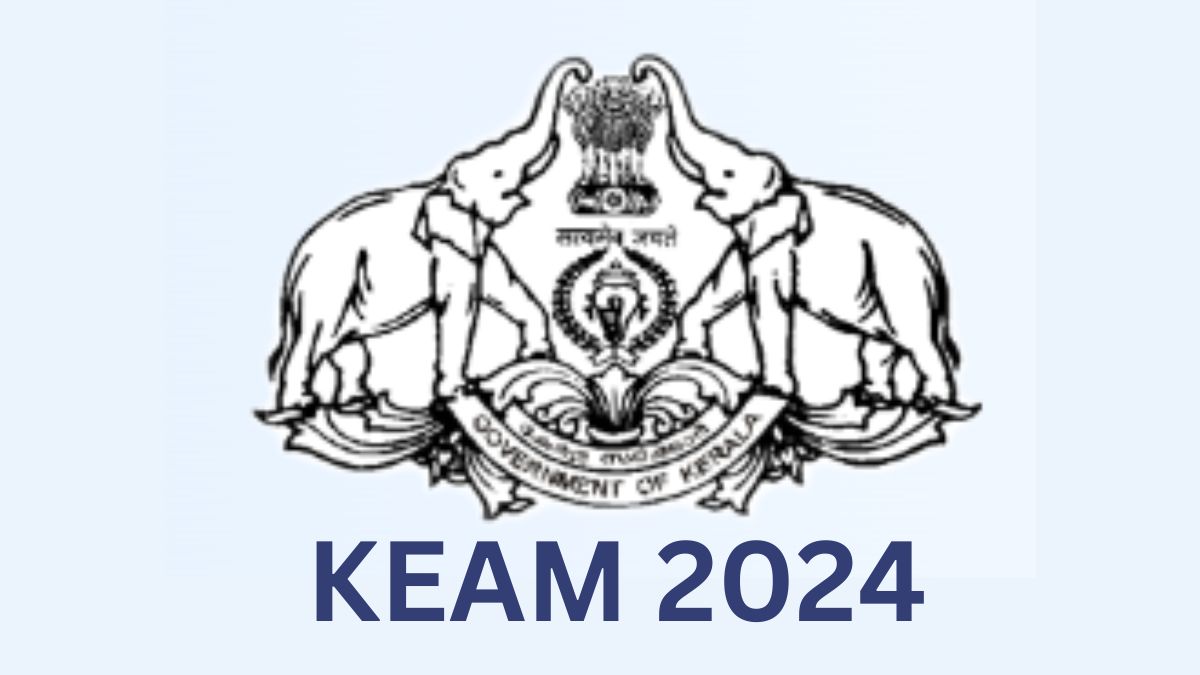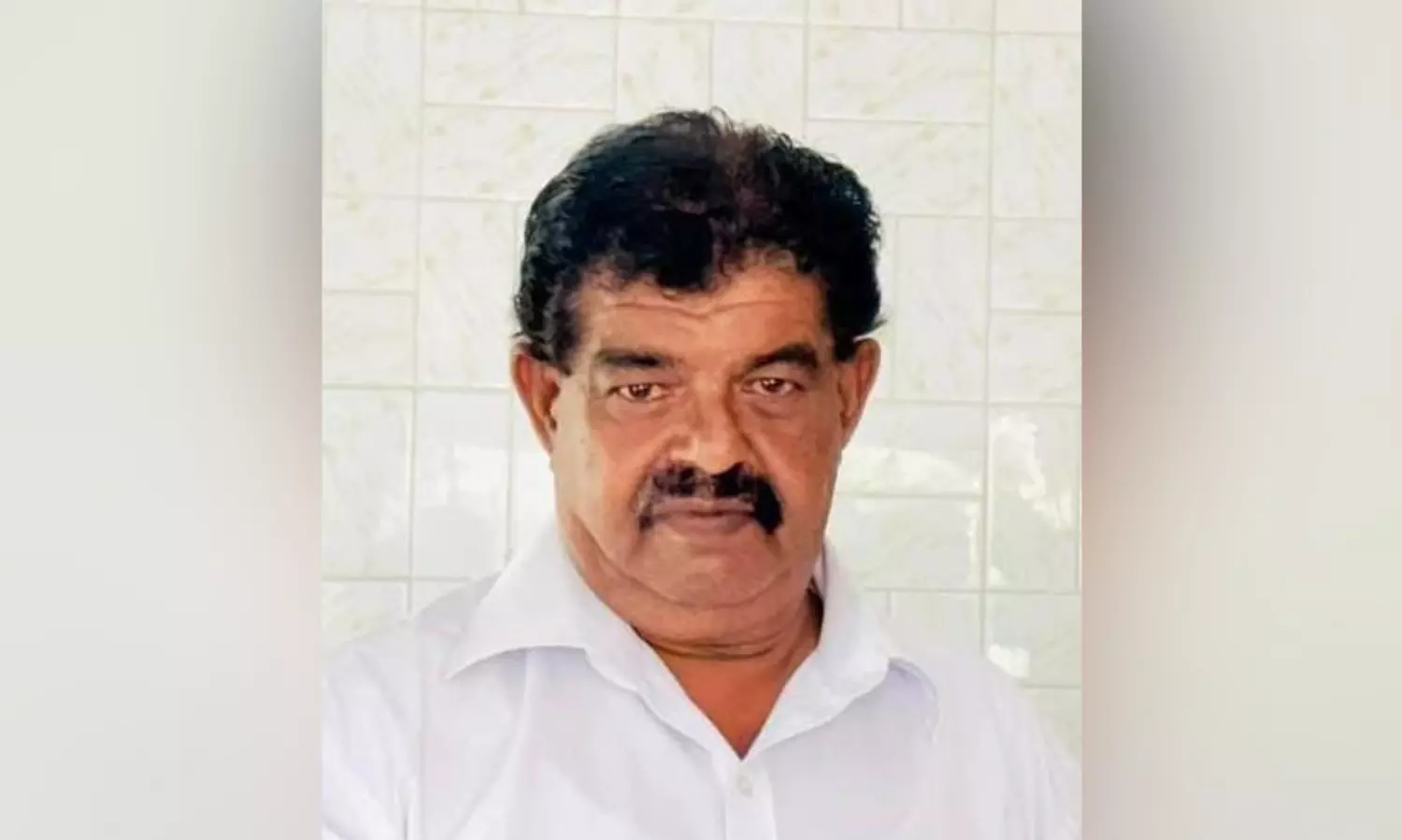Returning to India as an NRI involves several financial challenges, but with careful planning and professional guidance, the transition can be made smoothly
NRIs coming back to India face unique financial challenges. From repatriating earnings to updating account statuses, this guide offers essential tips to help streamline the process and ensure a smooth transition.
Introduction Returning to India after living abroad as a Non-Resident Indian (NRI) involves a complex set of financial steps. This report outlines the critical financial considerations and actions NRIs must take to ensure a smooth transition back home.
Key Financial Challenges for Returning NRIs
- Repatriating Earnings
o NRIs often have accumulated savings and investments abroad. Bringing these earnings back to India requires careful planning to avoid unnecessary taxes and to comply with legal regulations.
o Utilize the benefits of the Liberalized Remittance Scheme (LRS), which allows the remittance of up to $250,000 per financial year.
o Seek guidance on double taxation avoidance agreements (DTAA) to prevent being taxed twice on the same income.
- Updating Bank Account Statuses
o NRIs need to convert their Non-Resident External (NRE) and Non-Resident Ordinary (NRO) accounts to resident accounts upon returning.
o Inform your bank about the change in residency status to avoid complications with interest earnings and taxation.
- Managing Investments
o Review and adjust your investment portfolio considering the change in residency status.
o Convert your existing NRI investments (like FCNR deposits) to domestic resident accounts.
o Understand the tax implications of your investments, as residents are taxed differently from NRIs.
- Real Estate and Property Management
o If you own property in India, review and update your property documents to reflect your change in residency status.
o If you plan to buy new property, understand the local real estate market conditions and regulations.
- Taxation Issues
o Be aware of the tax residency status and its implications. If you
spend more than 182 days in India during a financial year, you may be classified as a resident for tax purposes.
- File income tax returns in India and declare global income if applicable.
- Utilize any exemptions and deductions available to resident individuals, which might not have been applicable as an NRI.
Understanding the financial steps, updating account statuses, managing investments, and ensuring compliance with local regulations are crucial to ensuring a hassle-free return home
- Insurance Policies
o Review your existing insurance policies (life, health, and general insurance) and update them as per the resident status requirements.
o Consider purchasing new policies that cater to residents, as some NRI policies may not provide adequate coverage in India.
- Social Security and Retirement Funds
o If you have contributed to social security schemes abroad, understand the process of transferring these benefits to India or continue contributing if feasible.
o Assess the status of any retirement funds and their tax implications upon return.
Steps to Ensure a Smooth Financial Transition
- Financial Planning and Consultation
o Consult with financial advisors who specialize in NRI returnees to create a customized financial plan.
o Ensure all documentation is in place for repatriating funds and converting accounts.
- Compliance with Legal Requirements
o Stay updated with the latest regulations by the Reserve Bank of India (RBI) and other financial authorities.
o Ensure compliance with FEMA (Foreign Exchange Management Act) guidelines while transferring funds.
- Utilize Online Resources and Tools
o Many banks and financial institutions provide online tools and resources specifically for NRIs returning to India.
o Use these tools to track investments, understand tax implications, and manage accounts.
- Networking and Support Groups
o Join support groups and forums for NRIs returning to India. These platforms can provide valuable insights and practical advice from individuals who have undergone similar transitions.
- Professional Services
o Engage professional services for legal, tax, and financial advisory to handle complex issues and ensure all aspects of the transition are covered.
**********************************************************
Readers
These are extraordinary times. All of us have to rely on high-impact, trustworthy journalism. And this is especially true of the Indian Diaspora. Members of the Indian community overseas cannot be fed with inaccurate news.
Pravasi Samwad is a venture that has no shareholders. It is the result of an impassioned initiative of a handful of Indian journalists spread around the world. We have taken a small step forward with the pledge to provide news with accuracy, free from political and commercial influence. Our aim is to keep you, our readers, informed about developments at ‘home’ and across the world that affect you.
Please help us to keep our journalism independent and free.
In these difficult times, running a news website requires finances. While every contribution, big or small, will make a difference, we request our readers to put us in touch with advertisers worldwide. It will be a great help.
For more information: pravasisamwad00@gmail.com








